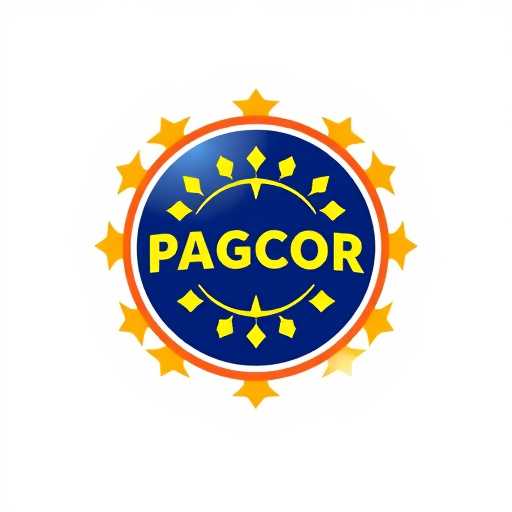In recent years, PAGCOR—also known as the Philippine Amusement and Gaming Corporation—has found itself at the center of the online gaming industry's evolution. As the regulatory body overseeing gambling operations within the Philippines, PAGCOR has had to adapt quickly to the rapid changes brought about by technology and digitalization. The landscape of online gaming is not just about entertainment but also encompasses significant regulatory and economic aspects that PAGCOR must navigate.
PAGCOR's role extends beyond merely providing gaming licenses; it is pivotal in shaping policies that ensure responsible gaming practices while also helping to increase revenue for the government. The shift from traditional brick-and-mortar casinos to online platforms has created both opportunities and challenges for PAGCOR. With the rise of mobile gaming and increased internet accessibility, ensuring secure and fair gaming environments has become more pressing than ever.
The ever-growing popularity of esports and online betting presents a dual-edged sword. While it has contributed to the surge in gaming participation, it has also introduced new pathways for illicit activities, like cyber-attacks and unauthorized international betting. Here, PAGCOR's stringent regulatory frameworks come into play, aiming to balance market growth with security and ethical considerations.
Moreover, PAGCOR plays a crucial role in boosting the country's economy. By attracting foreign investment and enhancing domestic job opportunities, PAGCOR directly and indirectly benefits various sectors. However, the current dynamics necessitate constant vigilance and updates to regulatory measures to counteract risks associated with gambling addiction and fraud.
As the online gaming industry continues to expand, PAGCOR’s influence and actions will undoubtedly remain significant. This amalgamation of regulation, economic gain, and technological advancement offers a fascinating case study on how traditional industries adapt in the digital age.








